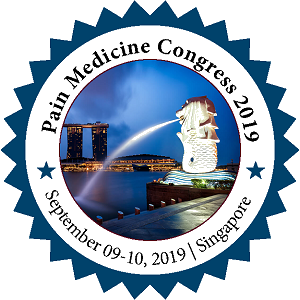Susan Jain
University of New South Wales, Australia
Title: A modified approach to glove use for contact precautions: Translating research findings into clinical practice
Biography
Biography: Susan Jain
Abstract
Hand hygiene is well established as an effective measure for reducing the spread of microorganisms. However, there are several challenges surrounding compliance with adequate hand hygiene, especially in the context of contact precautions and the World Health Organizations’ recommendation of My Five Moments for Hand Hygiene. The foremost concern for Healthcare Workers (HCWs) is the integration of the practice of glove use into the principles of My Five Moments of Hand Hygiene despite the lack of clarity around when, and how often, gloves should be removed or changed. The indiscriminate use of gloves for contact precautions, when there is no exposure to body substances is raising confusion, gives the impression that hand hygiene is not reliable and HCWs need another layer of skin to protect them. Furthermore, HCWs lack of autonomy in conducting a knowledge-based risk assessment on deciding whether ‘to glove or not to glove’ before each episode of care to differentiate the tasks as safe without gloves and the benefits of hand hygiene over glove use, is detrimental for both healthcare worker and patient safety. As a result, the need for a modified approach and cultural shift to improve hand hygiene and patient safety led to the development and trial of contact precautions modified guidelines in multiple healthcare facilities with great success. This study highlighted the acceptance of a new and modified approach to appropriate no glove use by HCWs expecting dry contact while caring for patients colonized or infected with a multidrug resistant organism. The results of this multistage study reinforces the need for a selective approach to glove use for dry contact and the proposed modification is practical, encourages clinical judgment and, most importantly, promotes hand hygiene.

